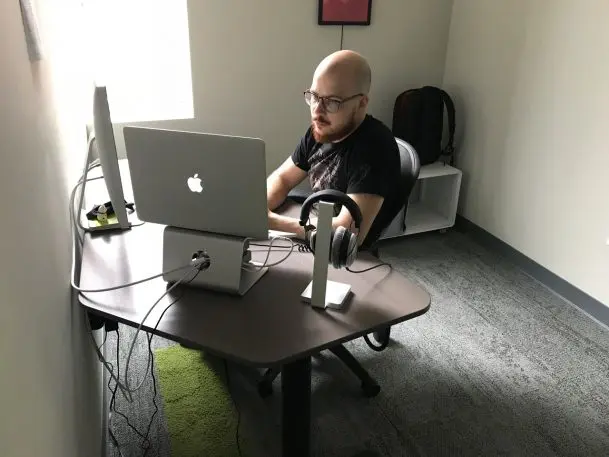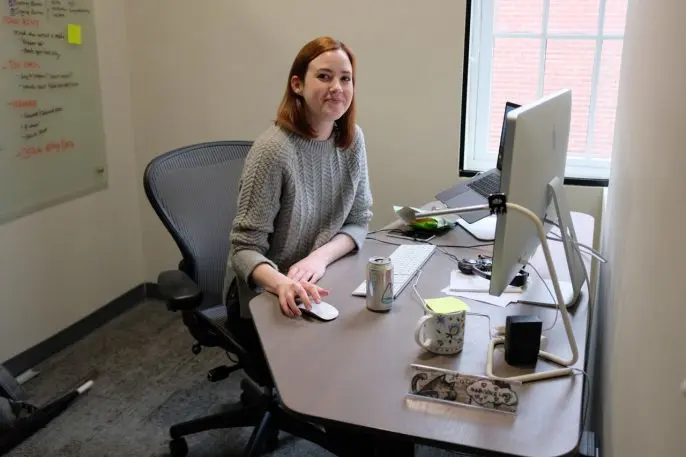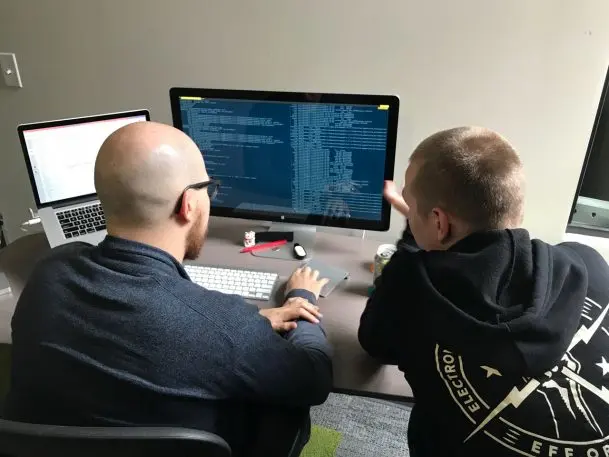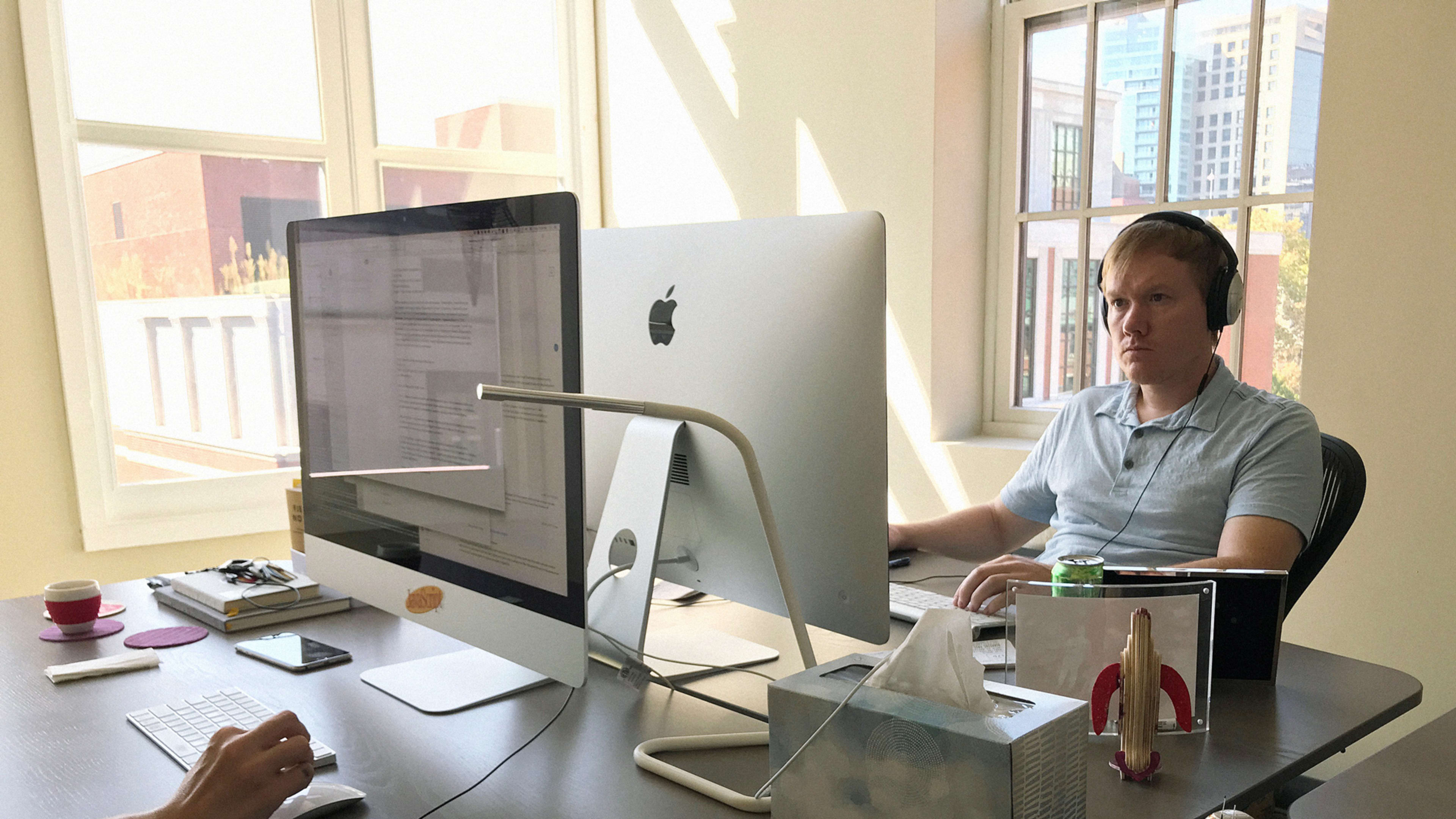For the last year and a half, every weekend has been a three-day weekend for employees at the small software company Wildbit in Philadelphia. The company, known for creating tools like Postmark, is one of the latest to experiment with a shorter workweek.
Cofounder Natalie Nagele took inspiration from a book called Deep Work, which suggests that creative workers can really only do around four hours of meaningful, cognitively focused work in a day. “I looked at that and said, okay, as a team, where can we cut back? If we can do the same work in 32 hours and get an extra day off, that would be really beneficial to our personal lives and our ability to recharge, so let’s just test it out.”
The company already had policies in place to improve work-life balance. Employees have a flexible work schedule, so if they want to take a break to go for a two-hour run in the middle of the day or pick up their kids from school, they can. Before shifting to a four-day week, the company told employees to stop working more than 40 hours, and that they shouldn’t be working on weekends or at night.

“We’ve always been very interested in understanding focus work and the ability of our team to get the most out of their day, coupled with your opportunity to spend time outside of work, because that’s such a critical part of who we are as human beings, not just the things that we do from 9 to 5,” Nagele says.
In May 2017, the company shifted to a four-day week, with Fridays off. At first, Nagele says, it went smoothly, since summers are slower. By the fall, they realized they needed to make some adjustments; some members of the support team now work on Fridays but have Mondays off, and vice versa, so that there’s consistent coverage throughout the week. “We can’t really tell our customers we’re closed on Fridays,” she says.

They also took a closer look at how the team’s time could be used more efficiently, from avoiding unnecessary meetings to planning projects further in advance. The majority of the company’s team works remotely, so they also wanted to avoid workers feeling like they had to continuously check email or Slack.
“I don’t need to be in Slack all the time, because it’s extremely disruptive,” says Nagele. “On the flip side, we gained a tremendous amount of awareness of our teammates, so not disrupting each other has become a goal as well–trying to make sure we’re not just like, ‘Hey, where’s that thing?’ when that can wait until tomorrow or it can be an email.”

The company is continuing to review how the system works, and iterate with new approaches. In the winter, as the days get darker earlier, it’s considering replacing the days off with shorter workdays–working until 3 p.m., five days a week–and potentially only ditching Fridays in the summer, when people are more interested in being outside. (Some Swedish companies that have shifted to six-hour workdays say that it works well.) Wildbit also continues to evaluate how well work is getting done. Some companies that have tested and advocated for four-day workweeks in the past, like Portland, Oregon-based Treehouse, have gone back to a standard workweek; in Treehouse’s case, the company went through a round of layoffs and the CEO said that it wouldn’t be fair to let those who remained work a short week. But others, like a New Zealand company that worked with academics to study its shift to a four-day week, found that the change reduced stress and improved job satisfaction without affecting productivity. Wildbit’s experience has been mostly positive to date.
“When we reviewed our first year of four-day weeks, we realized we launched more features than the previous year,” says Nagele. “This surprised us and helped us commit to continuing with the schedule. The real value of a four-day week comes from healthy pressure and forced downtime. Since we know we only have four days to get our work done, we work smarter to avoid distractions and cut through the procrastination . . . And with a three-day weekend, every person is poised to start their work on Monday.”
Recognize your brand’s excellence by applying to this year’s Brands That Matter Awards before the early-rate deadline, May 3.
